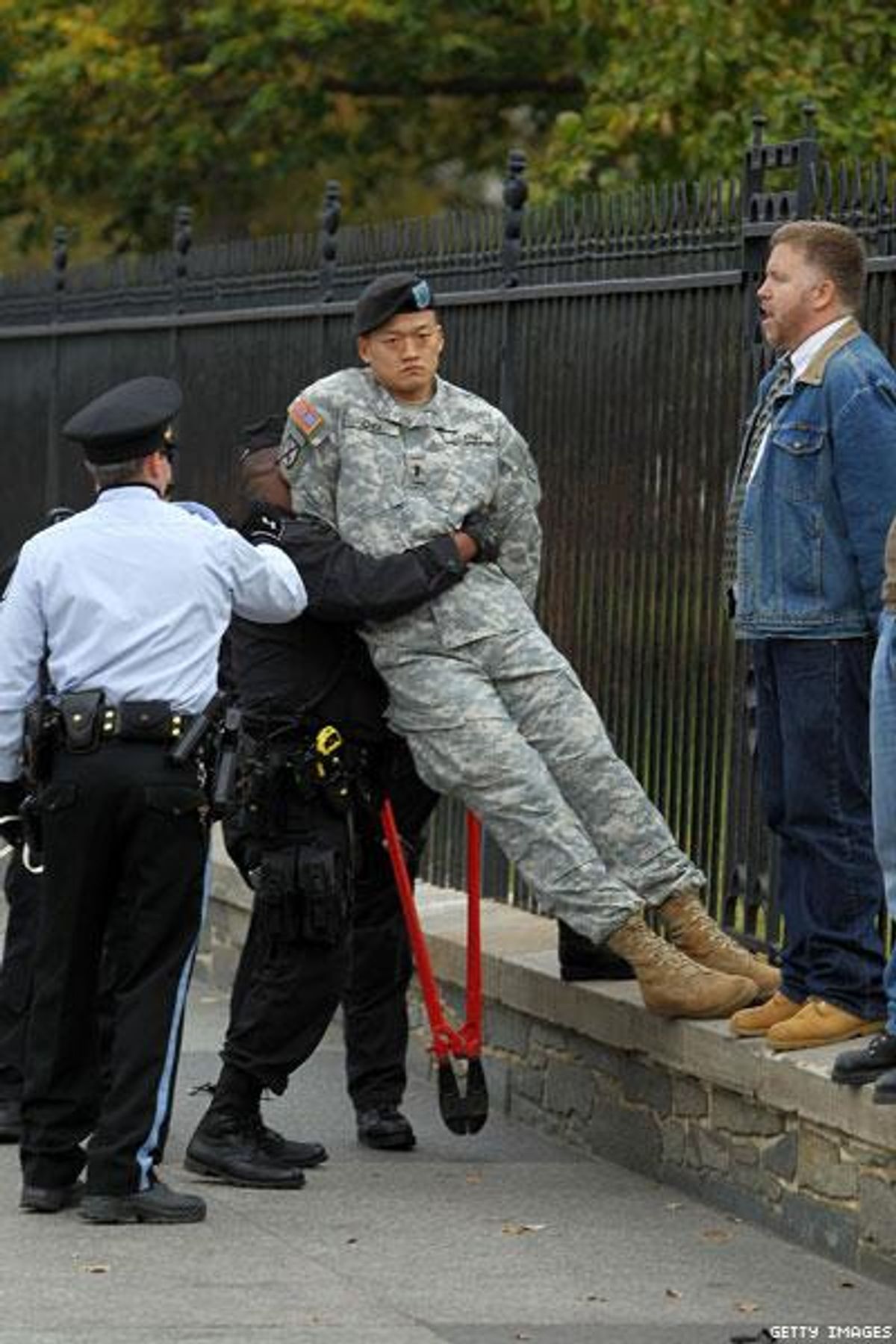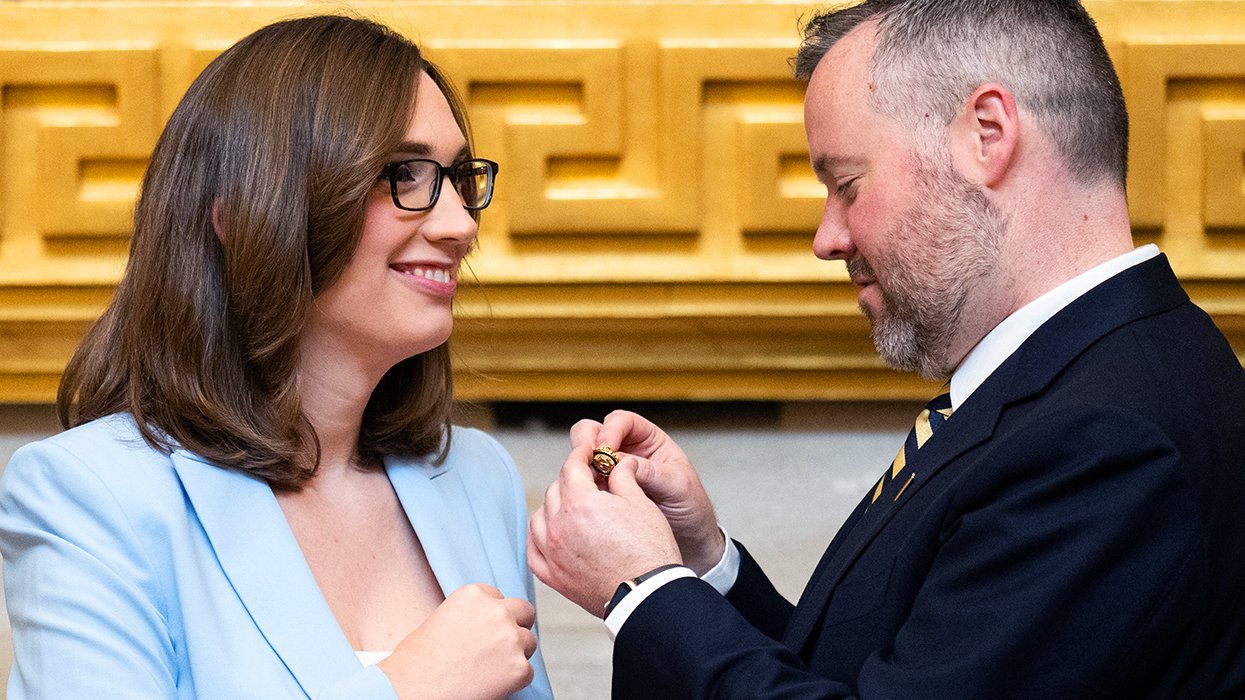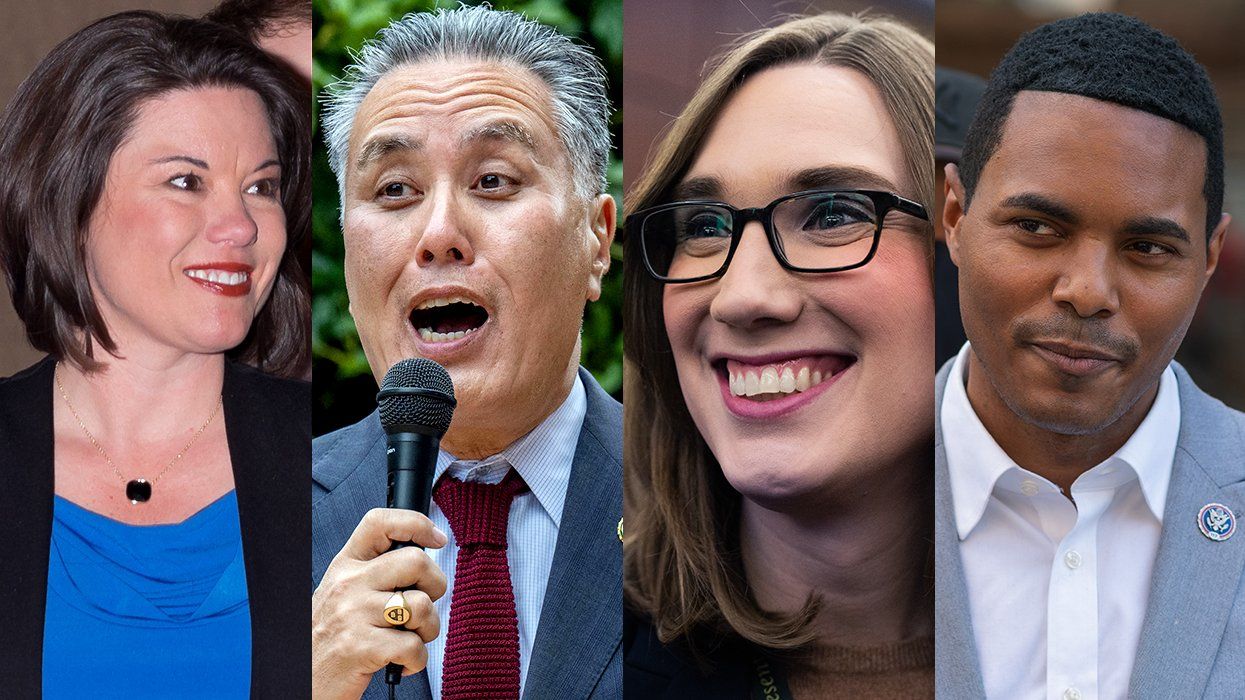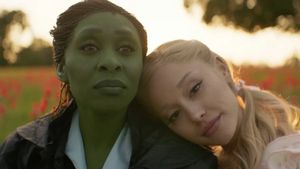All Rights reserved
By continuing to use our site, you agree to our Private Policy and Terms of Use.
Since the burgeoning days of the African-American civil rights movement, the military has proved to be the front line in Americans' battles for equal treatment under the law.
Even before the landmark and unprecedented court decision Brown v. Board of Education, radical ideas of equality and desegregation had visited the U.S. armed forces. With white and black service members serving together for the first time, notions that all soldiers could serve equally and with the dignity accorded their uniforms regardless of the color of their skin set the tone for debates in years to come as a fervor for liberation swept oppressed minorities in our country.
This had been a long time coming, however. We find the roots of Executive Order 9981, which desegregated our armed forces not just by race but also religion, in a history of injustice begging to be corrected. We need only look a few years earlier to the courageous 442nd Regimental Combat Team and the 100th Infantry Battalion, a Japanese-American force that liberated Dachau even while their family members at home were placed in concentration camps within our own borders. These injustices have been set right in many ways, but our work as a country was not done.
The repeal of "don't ask, don't tell" and the chance for gay Americans to serve their country with distinction was a continuation of that work, and as we celebrate the one-year anniversary of that policy's demise, we would do well to honor not just those who worked to end DADT but those who set the stage over the decades and have allowed such a historic opportunity for our community and our country as a whole to move forward.
Since the first Greek nation-states in the dark depths of human history, the notion of citizenship has been intertwined with the ideals of sacrifice. In order to be accorded the full rights and considerations of full-fledged members of society, we have always been asked for sacrifice, and now gay Americans can begin to finally reap the benefits of that sacrifice. For the first time, the possibility of being considered full citizens of the United States is a clearly visible goal, and this is just one step in that journey.
Our work, however, is not done in the U.S. armed forces. Sexual assault without punitive action is still rampant in the military, and we haven't yet explored how best to adequately protect LGB soldiers from harassment. Our transgender brothers and sisters are still unable to add their names to those who may openly serve. Great Americans like Autumn Sandeen, a trans woman who was arrested with me at the White House protesting DADT, are unable to consider themselves "full" citizens.
Our victories thus far are not empty ones but are instead illustrations of how we must continue to do better in order to have a more just military. Instead of resting on our laurels, LGBT Americans and those who serve must show that they are leaders and reach for further equality in policies that affect gay Americans and their families. We must reach out and seize our rights, from partner benefits for federal employees to nondiscrimination laws for our workplaces. LGBT Americans must not be satisfied just with a pride party at the Pentagon, but nothing short than full federal equality.
I look forward to the day we accomplish this, when I and others like me no longer need fight these battles in courtrooms and at the White House fence; I look forward to the day when I no longer need be political.
As I currently am embroiled in a trial fighting the charges stemming from my last arrest, I wish instead I could toast my president for a job well done and finished. However, none of us may rest in the fight for true equality. I may not rest, whether in the service of my country in the military or as a civilian. I join in service with the many other activists, advocates, and writers who tirelessly work to further an agenda of openness, liberation, and full citizenship.
Lastly, to those soldiers who are currently serving, I wish to say, "Thank you." I remind you, however, as true citizens willing of sacrifice, that when we say, "Thank you for your service," a simple "you're welcome" will not suffice in response. What we are truly saying is, "Thank you, now make us proud." Truly proud.
Endeavor to respond, "I will earn that thanks every day."
Lt. DAN CHOI is an LGBT activist and a veteran of the Iraq war. Follow him on Twitter at @ltdanchoi.


















































































